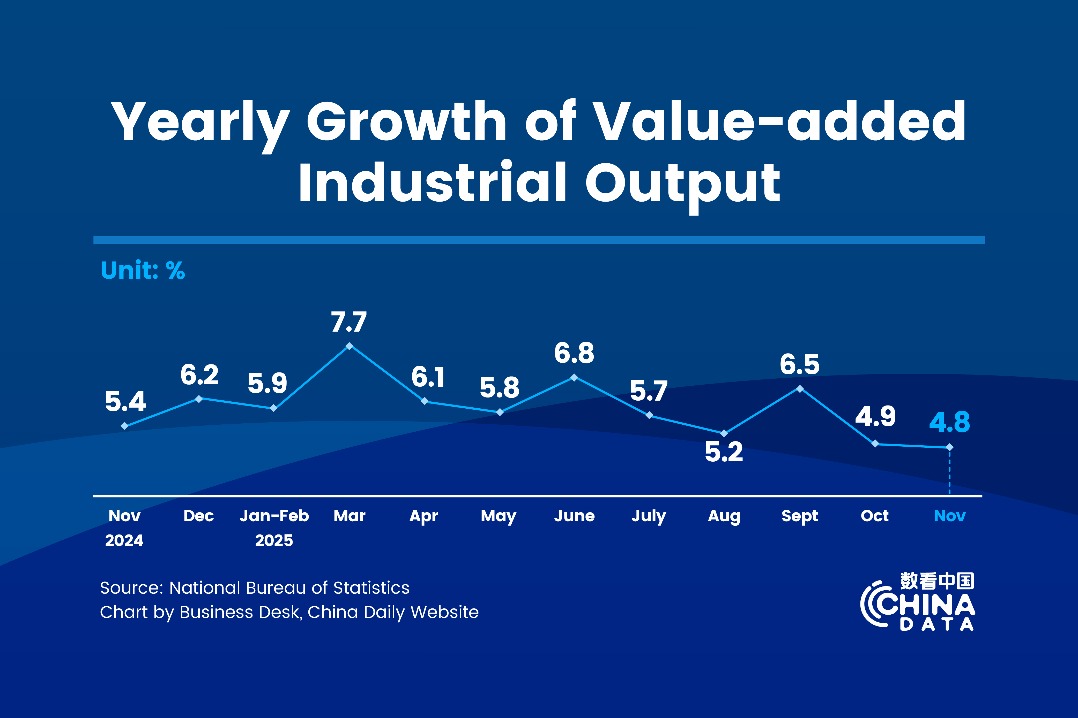Lower-tier cities are MNCs' new hope


Every time they tour China, executives of MNCs in the retail sector tell me they are amazed by the vast spread of markets across the country, and why they can't stop thinking on how to ensure their products or services reach every nook and cranny of the country.
They say everyone in their circles loves the so-called "small-town youngsters". The latter have already become the backbone of China's film and home appliances markets. For MNC execs, China's lower-tier markets are definitely not a nice-to-have option but a must-reach goal.
Typically, residents in top-and second-tier cities tend to obsess with home prices, workload, children's education and a high cost of living. But young consumers in lower-tier markets have more disposable income and spare time.
These two key resources combine with energy, optimism and enthusiasm to result in generous ways of spending on entertainment, fashionable lifestyles and travel. This trend is reshaping China's consumption landscape.
People living in smaller cities or towns appear to have a satisfactory personal living space. They have to contend with lower property prices and lower cost of living. They seem to have a different kind of happiness. And their consumption power is growing, especially in areas like buying e-books, clothes and electronic products.
Meanwhile, people in big cities are increasingly spending their time on working extra hours to gain more professional qualifications. They also participate in fitness courses to stay in shape. Time always appears to be at a premium.
More and more global companies are keen to enter the country's lower-tier markets for higher growth. This has encouraged new businesses whose origins are outside metro cities to dream big.
For instance, Pinduoduo Inc, an e-commerce platform for low-price goods, and Qutoutiao Inc, a mobile content platform, have listed on the Nasdaq within a short period of time. But, such firms would do well to be aware that consumers in smaller cities are as smart as people in big cities. And many of them are also extremely price-sensitive.
China's well-developed high-speed railway and e-commerce networks are perfect infrastructure for small-town youngsters to travel, work and check the product information via their smartphones. Through this option, they achieve information equivalence. Consequently, a bottle of wine shipped from France at 5 euros ($5.55) can no longer be sold between 300 yuan ($42.5) and 500 yuan in China.
US-based retailer Forever 21 confirmed in April it would exit China, suggesting that Western high street fashion brands that do not customize their products to match Chinese preferences may struggle henceforth. This is in sharp contrast to the past when many foreign fashion brands could make quick and easy money in China.
Many foreign companies operating in China are not sufficiently familiar with the commercial culture and consumer preferences here, particularly in lower-tier markets. They think that since many of their products originated in developed countries, Chinese consumers will buy into them easily.
Under such circumstances, it is wise for Chinese and foreign companies to take different approaches in the country's non-big city markets. They must improve the quality of their goods and service, and start manufacturing more durable products, as well as pursue a green and sustainable growth path.
I'm certain that more foreign firms will expand their market presence in China's lower-tier cities over the long term. Starbucks Corp, the US coffee chain, reportedly had over 7 million active members in China last year. That figure will likely swell as small-town youngsters embrace big-city lifestyles.




































